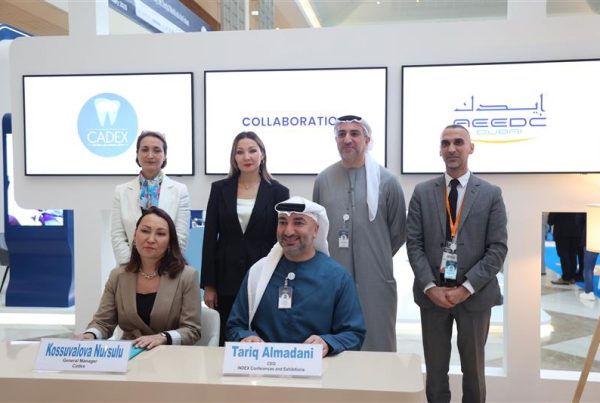Health Services and Public Diplomacy
Dr. Weam M. Banjar; Researcher
Diplomacy is often perceived as formal interaction with foreign officials. Thus, traditional diplomacy focuses on formal closed activities between official actors. Therefore, the concept of diplomacy had been extended to ensure efficient communication and influence on public opinion between governments and the population. Public diplomacy is outreach and engagement that strengthens the relationship between global communities, and creates mutual understanding and respect. In contrast to closed meetings in traditional diplomacy, public diplomacy utilizes organized channels that include: outreach to journalists, digital platform via websites, podcasts, social media platforms, blogs, professional summits and conferences, and entertainment and cultural events.
Public diplomacy for health industry involves multilevel, multi-sectoral engagement that contributes to organized efforts that reflect the progress in health industry, shed light on investment opportunities, define global position, conduct comparative research and country assessment, public reports and scientific papers, and host events and summits and organize media appearance. global health professionals are fully aware that the world is interconnected and health is a dynamic parameter that is affected directly or indirectly by political instability, climate changes, natural disasters, wars, and population dynamic. Efforts that focus on health system performance indicators, equitable access to health services, and quality of healthcare services must be complemented with organized targeted campaigns that carry on the dialogue with global audience. Campaigns and activities should be carefully designed to avoid bias therefore collaboration with independent organizations that create hubs and research labs that present a medium to produce materials that support global health security.







